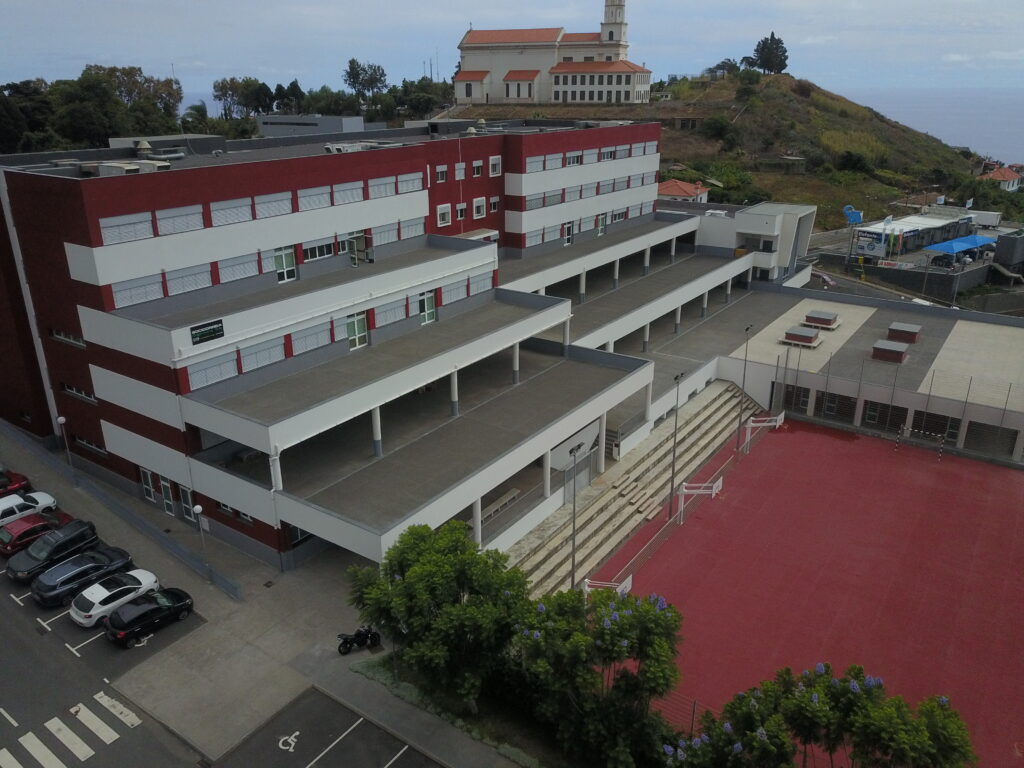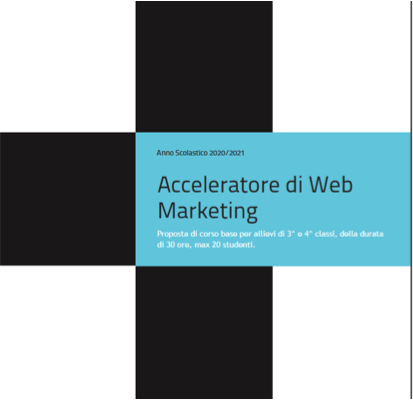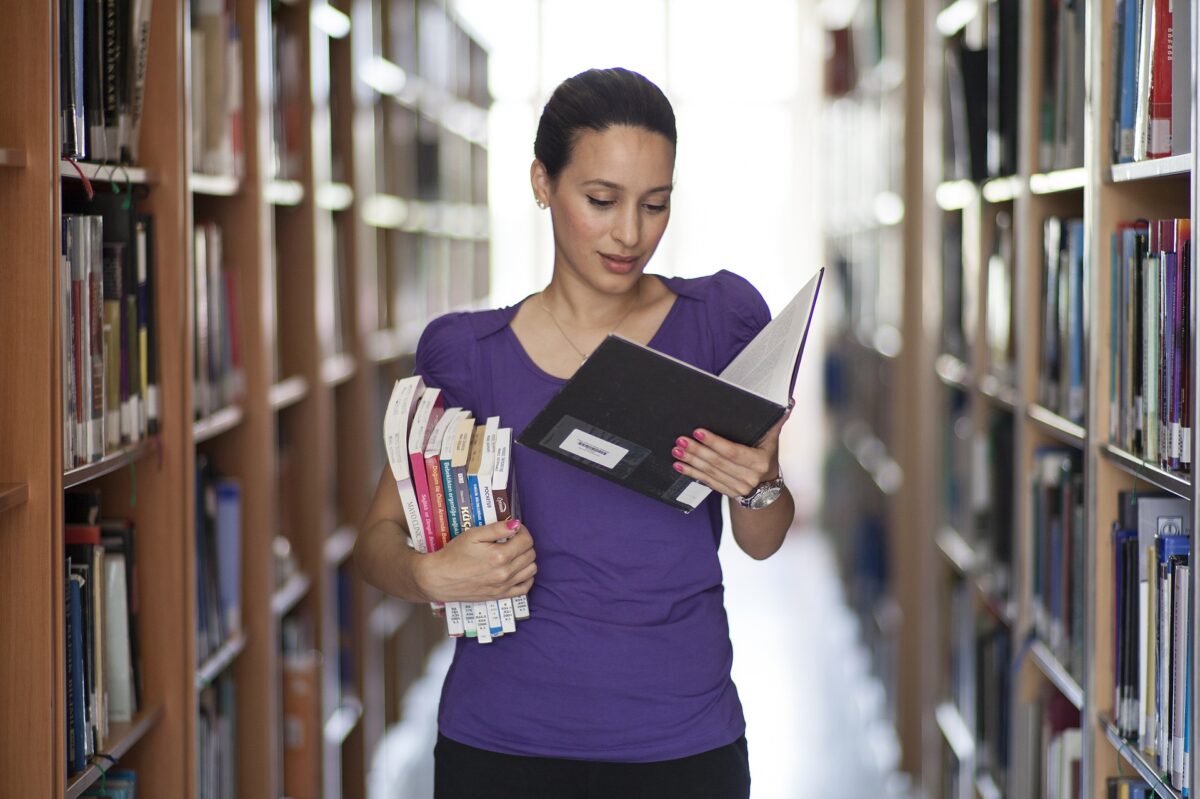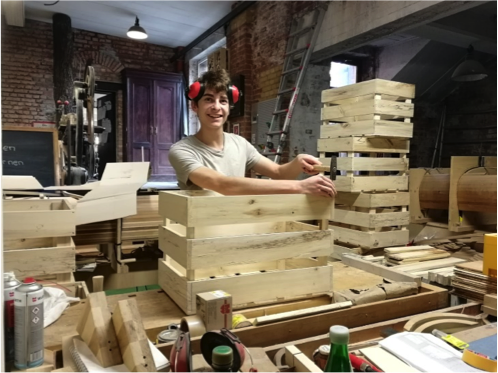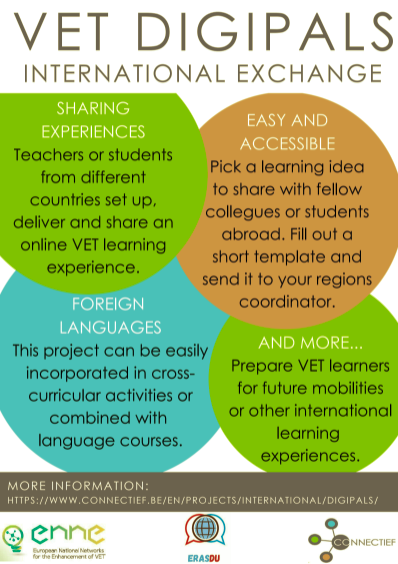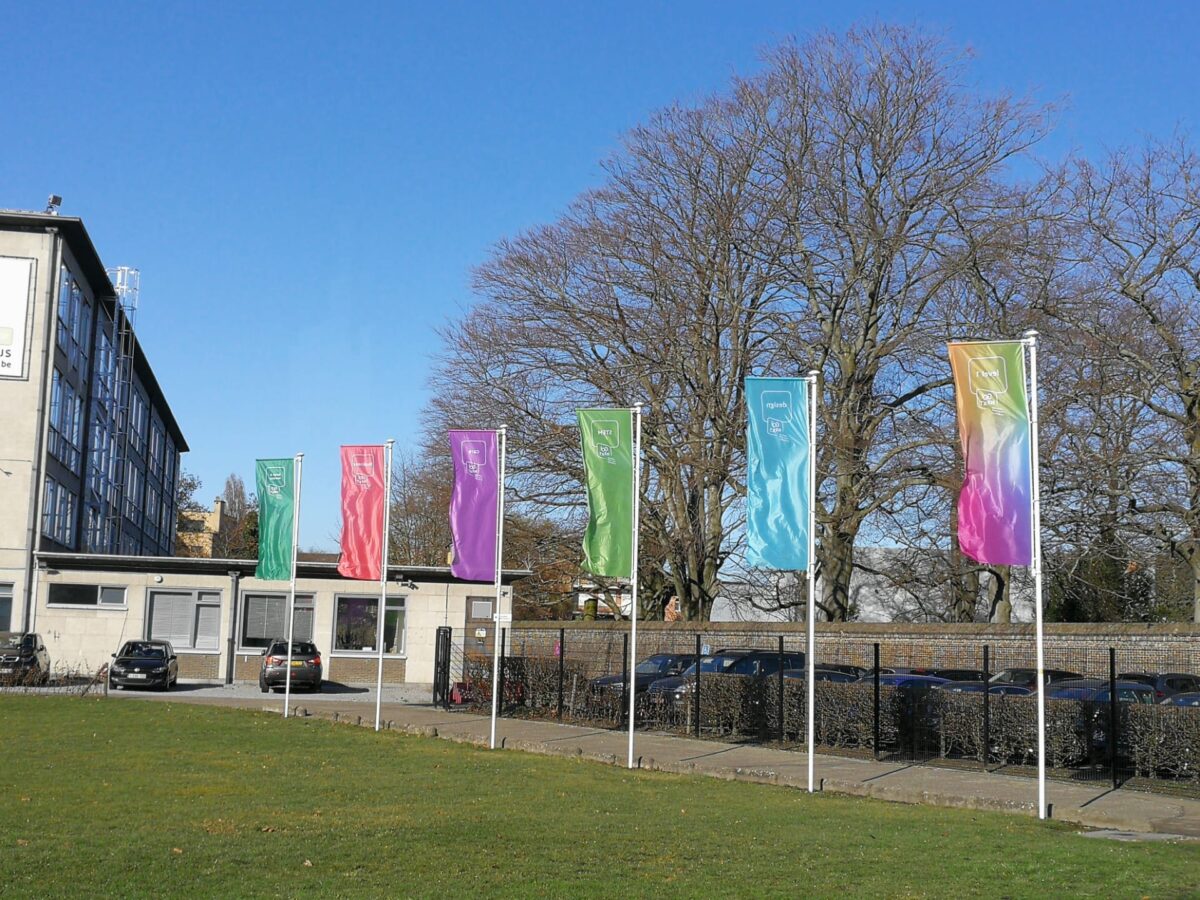Despite the difficulties related to the contingency of the moment, the epidemiological emergency from COVID-19 has not dampened the desire for activities related to PCTO that the Pertini Institute of Afragola has always focused on and implemented to ensure the full educational success of its students. In particular, with regard to the vocational course “Operatore Socio-Sanitario-articolazione-Odontotecnico”(Health and Social Worker-Dental Technician), the Institute boasts a state-of-the-art laboratory, equipped with a modular CAD 3D Dental Software that allows implementing an active didactics making natural and easy the work on direct experience or mediated by digital technologies.
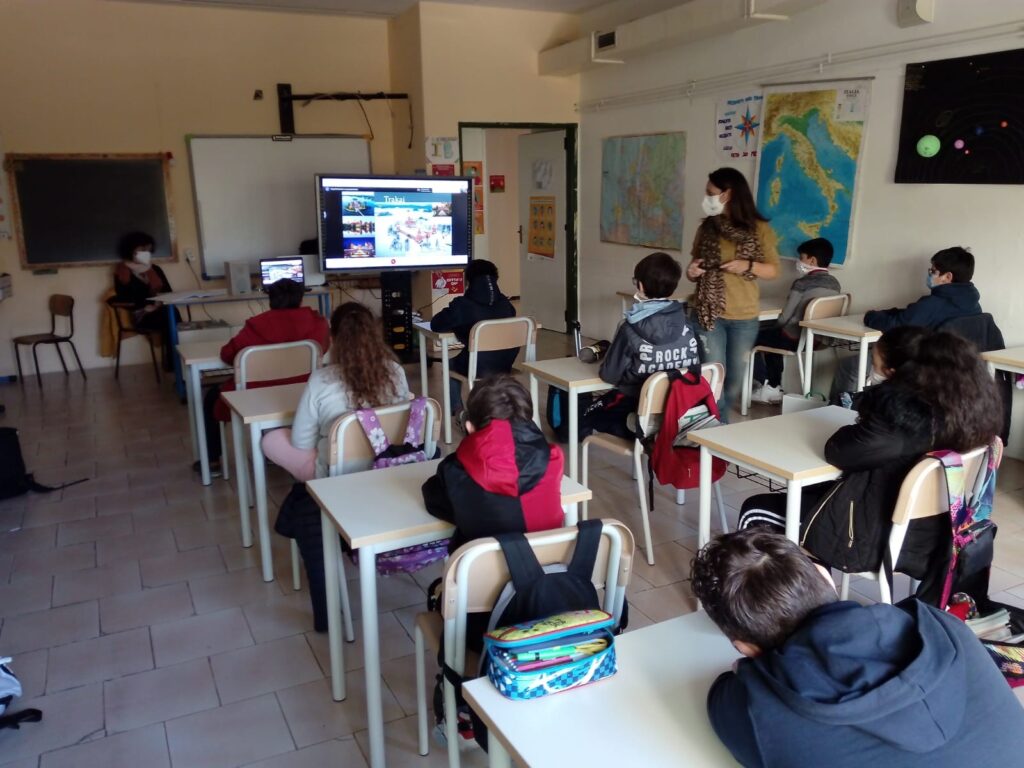
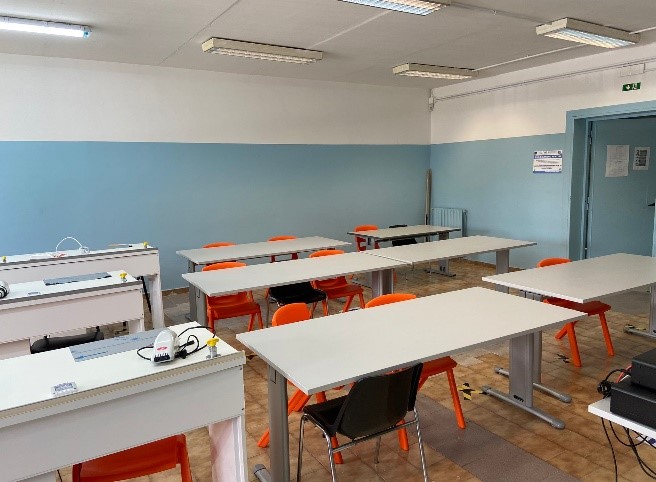
The Institute has vigorously resisted the difficulties of this difficult year; the continuation of the laboratory activities in presence has been guaranteed for the current school year, but also during the days when the school is closed, by an agreement that the Institute has entered into with a local company, the dental laboratory “Acerra” in synergy with the tutors of the school, respecting in the execution of the teaching service and the characteristics and quality standards of the Institute itself.
Considering, moreover, the ever-increasing importance of the collaboration between School and University, as well as the need to support students in this delicate historical moment, on the occasion of the resumption of teaching activities in presence following the exit from the “red zone”, the Sandro Pertini of Afragola has entered into a further agreement to support the PCTOs with the Multidisciplinary Department of Medical-Surgical and Dental Specialties of the University “Vanvitelli” of Naples through a training project aimed at all students in the fourth and fifth year, providing them with a further opportunity to grow and improve their preparation for greater and more effective inclusion in the increasingly competitive world of work.
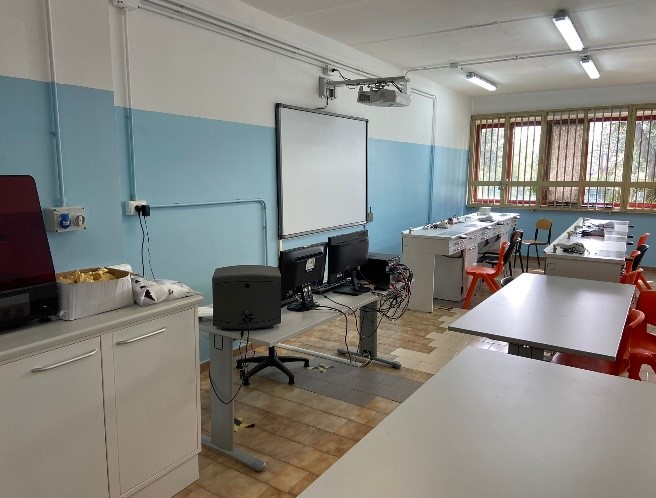
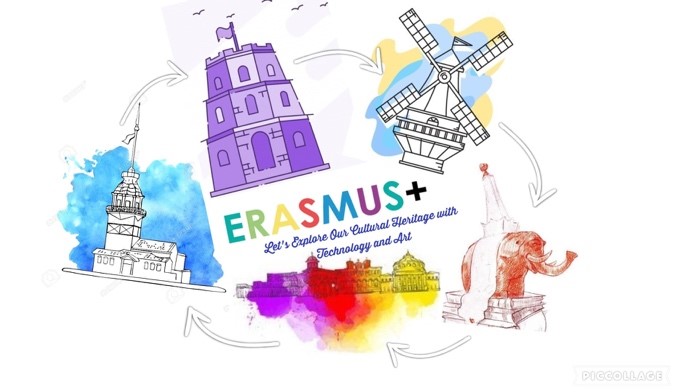
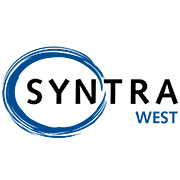
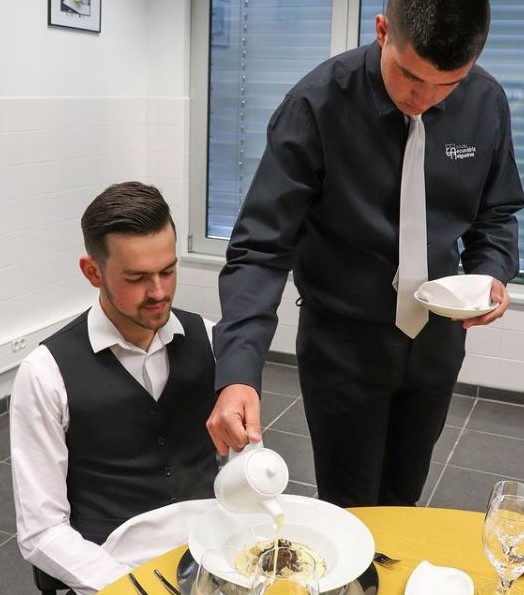
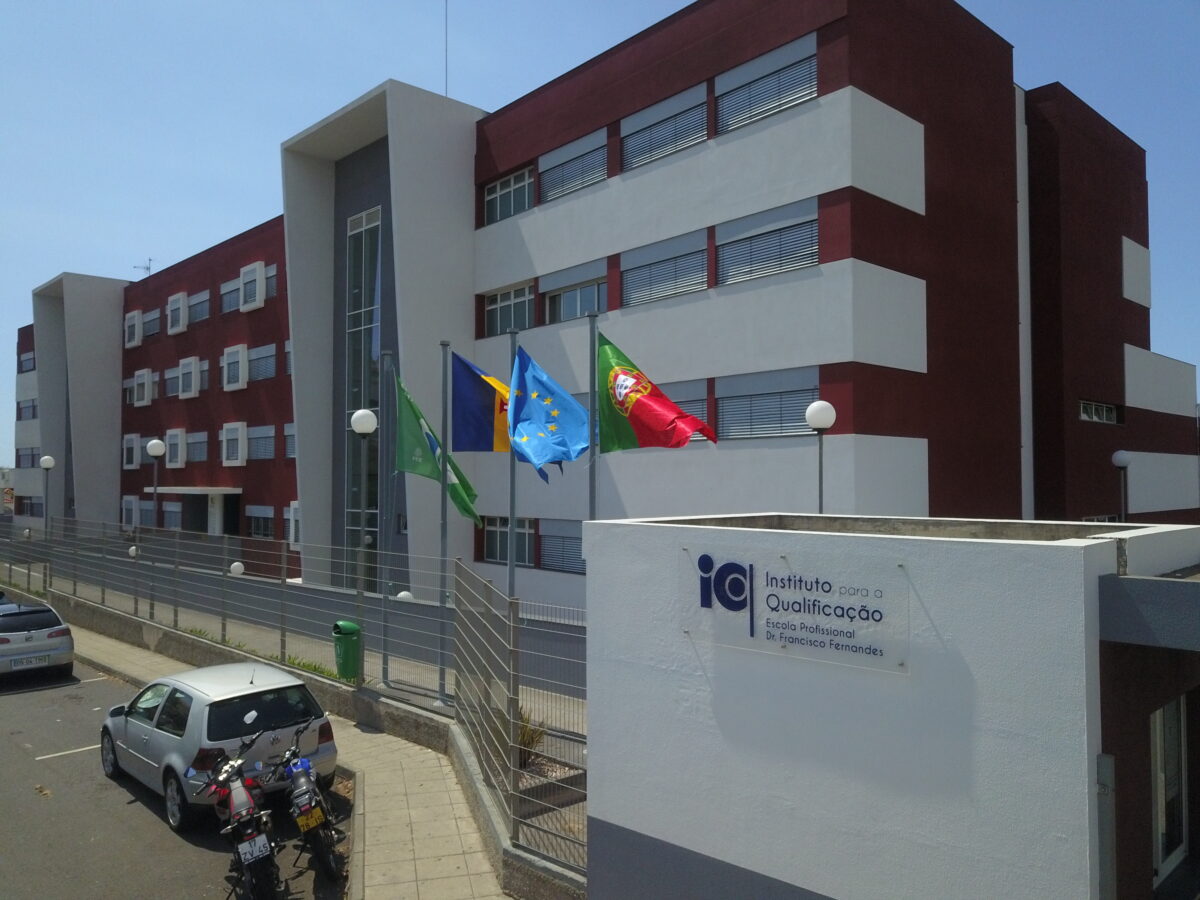
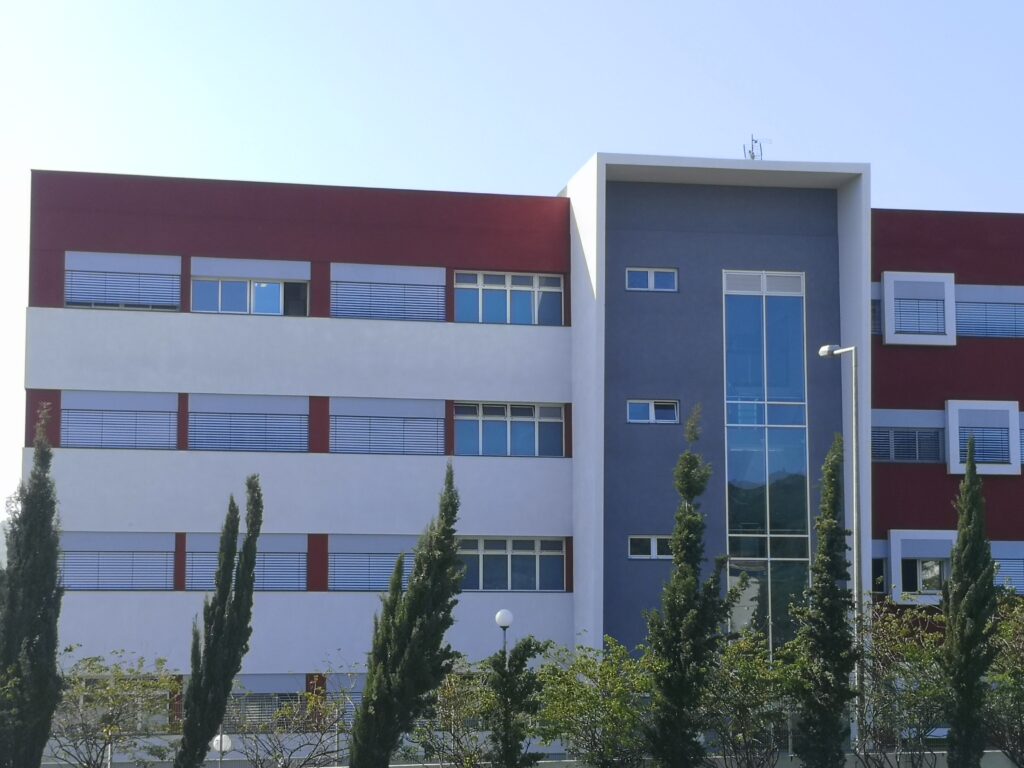 At the moment, FICA consists of a psychologist and four teachers from the Escola Profissional Dr. Francisco Fernandes (
At the moment, FICA consists of a psychologist and four teachers from the Escola Profissional Dr. Francisco Fernandes (